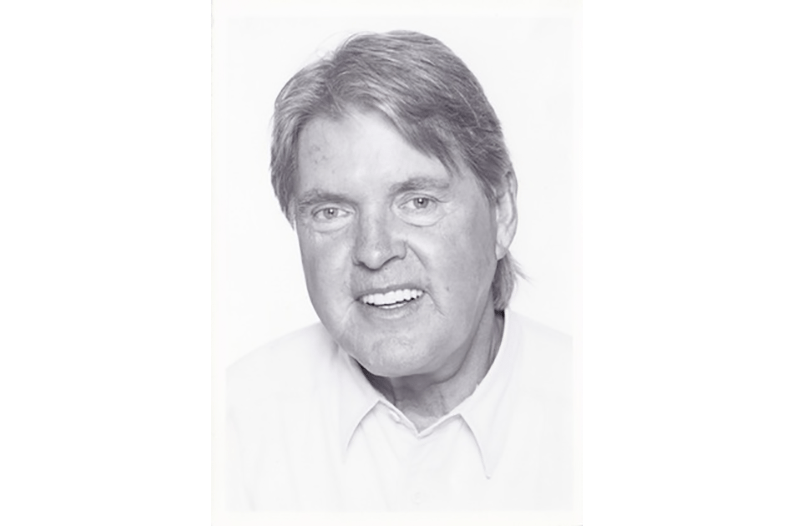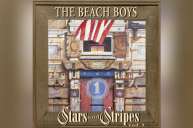Harold Shedd's more than a local hero, although he's definitely a celebrated figure west of Atlanta. His emergence as a producer to the stars went hand-in-hand with his professional relationship with the group Alabama. Talent rises to the top, so both Alabama and Shedd likely would've had good careers. Yet as things unfolded, the band became household names right as Shedd's long journey to recognition within Nashville circles reached its peak. There's more to Shedd's story than Alabama's hits, with the producer having a hand in other stars' rise to fame.
Humble Beginnings
Shedd's hometown of Bremen rests off Interstate 20 in between Birmingham and Atlanta. Nowadays, the West Georgia town represents two musical legacies. Primarily, it's a hotbed for shape-note gospel singing, a tradition kept alive by the late songwriter and performer Hugh McGraw.
In a nearby strip mall, a venue that doubles as a church and the Mill Town Music Hall tells the story of Bremen's other tie to Southern music history. Gold records, awards and other artifacts from Shedd's career line the walls. The award-winning albums and singles represented include early material by K.T. Olsin and those record-setting 21 consecutive number one hits by Alabama. By celebrating a local icon, the venue's walls tell the story of how commercial country in the 1980s revived prior stars' careers while paving the way for the next decade's big names. Mill Town Music Hall is no small operation, attracting well-known country and gospel acts, so their permanent exhibit for a local legend informs a lot of visitors about the West Georgia region's lasting impact on mainstream country music.
Producer to the Stars
After cutting his teeth in the radio business, Shedd made his mark on Nashville. He co-owned the Music Mill Studio beginning in 1979. His first big break came through his working relationship with the band Alabama. That partnership began after Shedd saw one of the group's legendary shows at the Bowery in Myrtle Beach, S.C. The band went from playing small clubs across the Georgia line to global acclaim via the hit albums and singles produced by Shedd.
Other contemporary stars soon worked with Shedd, namely Reba McEntire and K.T. Olsin. Shedd's talents also attracted legends, with his producer credits also including albums by Mel Tillis, Willie Nelson, Johnny Cash and Glen Campbell. Shedd also worked with Roger Miller on an unreleased album shortly before the "King of the Road" singer's 1992 passing.
Fast-forwarding to the '90s, Shedd remained a key player in the development of mainstream stars' sound. Two of the decade's most iconic artists, Toby Keith and Shania Twain, began the their runs of success with Shedd-produced material.
A Record Label Mover-and-Shaker
Shedd's connections in Nashville made him an ideal hire for Mercury Records' Polydor Nashville. During his time with Polydor, Shedd secured major-label deals for Keith, Twain, Billy Ray Cyrus and numerous others, making Alabama's lauded producer a gatekeeper for a big label's next cast of stars.
Today, Shedd's contributions to country music represent a bridge of sorts between Chet Atkins, Owen Bradley and other classic producers' creation of the Nashville Sound in the 1960s and Dave Cobb and his contemporaries' efforts to further the genre while honoring its roots.




